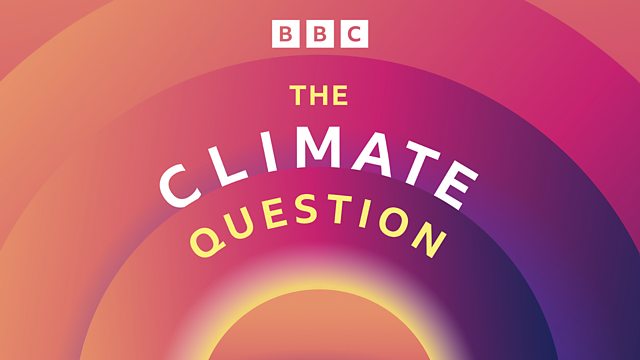Is it time to ditch the plough?
The plough enabled the growth of civilisation, but with a major carbon cost. Agriculture's great challenge is to feed a growing world population without destroying the climate.
Cities, money, roads, beef burgers and telephones, in fact pretty much all of human civilisation as we know it, would probably not exist were it not for one simple invention. The plough.
This humble yet revolutionary tool enabled us to cultivate vastly greater amounts of food than our hunter gatherer forefathers giving rise to villages, cities and empires.
But it has come at a cost. Nearly 10,000 years of cultivated agriculture have released billions of tonnes of carbon from the soil into the atmosphere. Just within the EU, it’s estimated 5% of current greenhouse gas emissions come from agricultural soils. That’s more than aviation and shipping combined.
Around the world an increasing number of farmers are adopting new methods without the plough to restore soil health and lock more carbon into the ground.
But some scientists are questioning whether the potential for carbon sequestration into the soil is being over hyped.
What’s more, for millennia the plough has been a crucial ally in boosting yields and in the coming decades we are going have to produce lots more food to feed the growing global population
So the Climate Question is; Is it time for us to ditch the plough?
Last on
Broadcasts
- Mon 12 Apr 2021 01:32GMTΒι¶ΉΤΌΕΔ World Service
- Mon 12 Apr 2021 08:06GMTΒι¶ΉΤΌΕΔ World Service
- Mon 12 Apr 2021 12:32GMTΒι¶ΉΤΌΕΔ World Service East and Southern Africa, South Asia, West and Central Africa & East Asia only
- Mon 12 Apr 2021 19:06GMTΒι¶ΉΤΌΕΔ World Service except East and Southern Africa & West and Central Africa
Podcast
-
![]()
The Climate Question
Why we find it so hard to save our own planet, and how we might change that.


